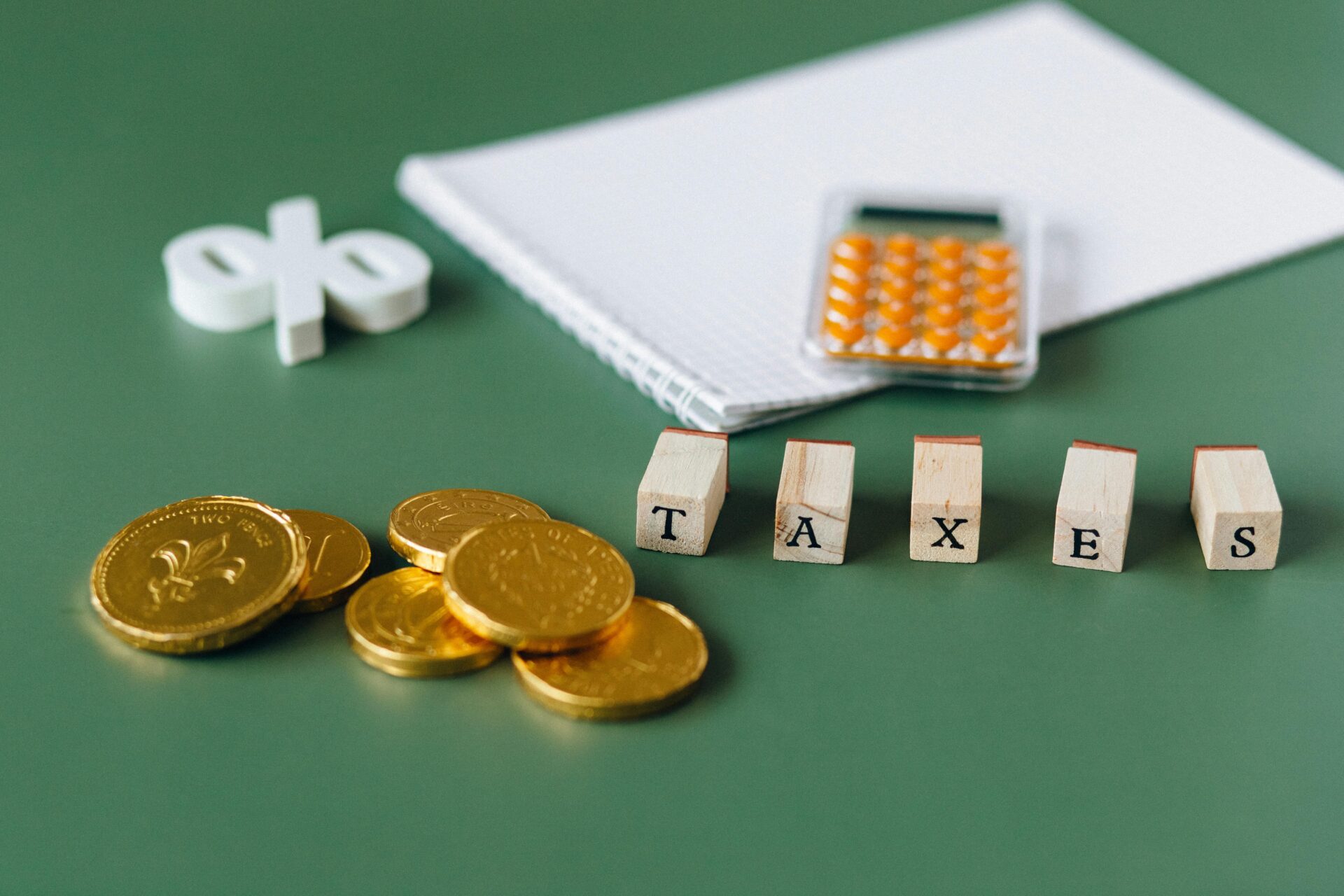
Today, we’re delving into the nuances of 2 processes which look very similar, financial and physical importation.
Let’s start with comparing the definition of those 2 processes.
As described in Eudralex Vol 4 Annex 21 Importation of medicinal products (human and veterinary):
Physical importation is the action of physically bringing a medicinal product into an EU member state, from outside the territory of EEA/EU.
—
The Belgian authorities (FAGG) interpret the rules in Annex 21 in scope of financial importation as described on their website Distribution & Delivery / Fiscal importation of medicinal products from third countries:
Financial or fiscal importation is the purchase “on paper” of medicinal product from outside the territory of the EU, to sell on the EU market (not leaving EU).
Let’s keep in mind the nuance between purchase of product from a manufacturer, importer, wholesaler from the EU and purchase from outside the EU/EEA.
Purchase from an EU manufacturer, importer, wholesaler means a GDP activity, so holding of a Wholesale Distributor Authorization (WDA) is sufficient. But, if you as distributor also purchase from outside the EU/EEA, this is considered as a GMP activity (importation) and you need a Manufacturing Importation Authorization (MIA)!
—
In essence, the FAGG states that, according to the Law on Medicines for human use (25/03/1964) and Regulation 2019/6 (Veterinary Products), importation means a physical movement as well as the purchase of medicinal products, for which a Manufacturing Importation Authorization (MIA) is required.
—
What is also needed besides the relevant license?
After physical importation of medicinal product, rigorous testing is conducted by the Quality Control department (to verify compliance with Marketing Authorization specifications), followed by the crucial certification by the Qualified Person (QP) of the importation site, affirming that the products adhere to the EU GMP guidelines.
Written quality agreements are needed between the importation site, the manufacturer and theMarketing Authorization Holder (MAH).
Fiscal Importation means there’s the need for certification by the MIA holder QP, but only by checking the Certificate of Compliance (CoC).
Written quality agreements are needed between the EU manufacturer or EU physical importation site and the MIA holder for financial importation of medicinal products.
In summary, importation of medicinal products from third countries, is more than just crossing borders. It’s about safeguarding the well-being of patients and users by ensuring the safety, quality, and efficacy of the products throughout their journey.
So, if you’re a distributor of medicinal products imported physically and/or financially, a Manufacturing Importation Authorization (MIA) stands as the beacon guiding their entry into the EU/EEA market.
Do you want to receive our interesting blogs directly into your email? Subscribe to our newsletter!